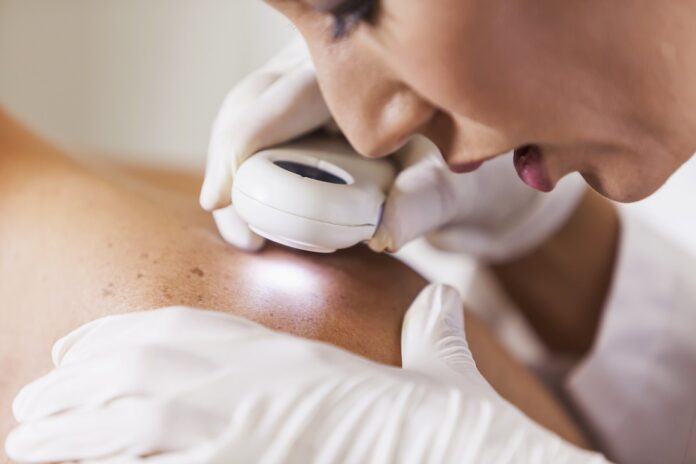A dermatologist is a medical doctor who specializes in treating conditions of the skin, hair, and nails. In addition to diagnosing and treating skin cancer, dermatologists also provide care for other skin conditions such as acne, eczema, and psoriasis. They may also provide cosmetic services such as laser hair removal or Botox injections. Because the skin is the body’s largest organ, dermatologists play an important role in maintaining overall health and well-being. By providing both medical and cosmetic care, dermatologists help patients look and feel their best.
They also look for signs of aging, sun damage, and other health problems.
In addition to diagnosing and treating skin conditions, dermatologists also provide advice on how to protect the skin from damage and aging. To do this, they often use special equipment to examine the skin closely. Dermatologists may look for moles, birthmarks, and other abnormalities that could indicate a skin cancer risk. They also look for signs of aging, sun damage, and other health problems. By identifying these issues early, dermatologists can help their patients enjoy healthy, youthful skin for years to come.
A full-body skin check usually takes about 30 minutes.
Dermatologists recommend that everyone get a full-body skin check at least once a year. During a skin check, the dermatologist will examine the skin for any new or unusual growth. They will also check for any changes in existing moles or skin lesions. The process usually takes about 30 minutes. Dermatologists recommend that people with a history of skin cancer get skin checks more frequently. People with fair skin, a history of sun exposure, or a family history of skin cancer should get a skin check every 6 months to 1 year.
It’s a good idea to get one every year or two.
While many people only see a dermatologist for cosmetic reasons, such as getting rid of wrinkles or unwanted hair, dermatologists can also diagnose and treat serious skin conditions, such as skin cancer. Dermatologists use a variety of treatments, including surgery, to treat their patients. Dermatologists can also advise patients on how to protect their skin from the sun and other environmental hazards. Dermatologists typically recommend that their patients get a full-body skin exam at least once every year or two. By doing so, dermatologists can catch any potential problems early and provide appropriate treatment to keep the skin healthy.
Dermatologists can also recommend products and treatments to improve your skin health.
In addition to diagnosing and treating skin conditions, dermatologists can also provide guidance on how to care for your skin and improve its overall health. Based on your individual needs, a dermatologist can recommend specific products, such as cleansers, moisturizers, and sunscreens, that will help to keep your skin healthy. They can also guide lifestyle choices that can impact your skin, such as diet and exercise. If you have a condition that is impacting your skin health, a dermatologist can also provide treatments that can help to improve the condition. For example, they may prescribe medication or recommend a procedure, such as a laser therapy. Working with a dermatologist, you can make a plan to improve your skin health and get healthier, more radiant skin. And dermatology billing services will also help to ensure that you receive the most accurate and complete information on their insurance coverage and benefits.
A full-body skin check is important for all dermatologists. Patients need to be aware of the importance of a full-body skin check and what it entails. Dermatologists should always perform a complete physical examination as part of an annual exam, or more frequently if there are any concerns. By doing a full-body skin check, dermatologists can catch early signs of cancer and other diseases that may affect the skin. It’s also important for patients to be familiar with their own skin so they can report any changes to their doctor right away.






